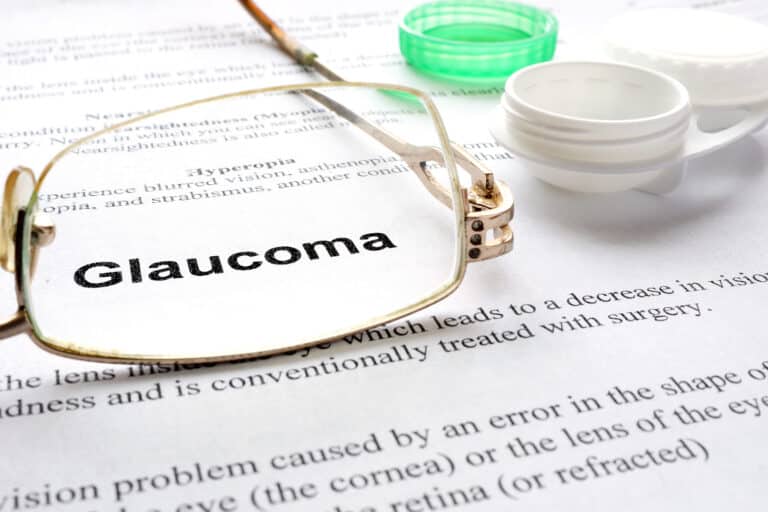Glaucoma is a leading cause of blindness, particularly for seniors. For those managing vision loss or adapting to life with glaucoma, companion care at home can provide the support needed to maintain independence and quality of life.
What Is Glaucoma?
Glaucoma is a group of eye conditions that damage the optic nerve, often due to increased pressure inside the eye. This damage can lead to irreversible vision loss if not addressed. While glaucoma can affect anyone, it is most common in older adults, particularly those over 60.
Risk Factors for Glaucoma
Certain factors increase the likelihood of developing glaucoma, including:
- Age: Risk increases after age 60.
- Family History: A family history of glaucoma can raise the risk.
- Medical Conditions: Diabetes, high blood pressure, and certain other conditions are associated with higher risk.
- Race and Ethnicity: African Americans and Hispanic individuals are at greater risk for certain types of glaucoma.
- Eye Injuries or Surgeries: Previous injuries or surgeries to the eyes may also contribute to increased risk.
Signs and Symptoms of Glaucoma
One of the challenges with glaucoma is its subtle onset. Many types of glaucoma have no early symptoms. However, as the condition progresses, individuals may experience:
- Loss of peripheral vision, often called “tunnel vision”
- Blurred or hazy vision.
- Seeing halos around lights.
- Redness or pain in the eye (in some cases).
- Regular eye exams are essential for early detection, as many people with glaucoma remain unaware until significant vision loss occurs.
How Companion Care at Home Supports Seniors with Glaucoma
For seniors living with low vision due to glaucoma, daily tasks can become more challenging. Companion care at home provides practical assistance and emotional support to help seniors age in place safely and comfortably.
- Creating a Safe Environment
Caregivers can make the home safer by reducing tripping hazards, organizing belongings, and ensuring proper lighting, which can be particularly helpful for those with peripheral vision loss. - Assistance with Daily Tasks
Companions can help with meal preparation, reading mail, and managing medications, ensuring seniors can continue their routines without added stress. - Transportation and Mobility Support
Seniors with glaucoma may have difficulty driving or navigating public spaces. Caregivers can provide transportation to medical appointments, errands, or social outings. - Providing Social Interaction
Living with vision loss can feel isolating. Companion care at home helps seniors stay connected by offering meaningful interaction and support for hobbies or activities they enjoy. - Encouragement for Health Management
Caregivers can remind seniors about eye drop schedules and encourage adherence to treatments prescribed by their eye doctor, helping to manage the condition more effectively.
The Value of Companion Care
Companion care at home is an essential resource for seniors facing vision challenges like glaucoma. It not only supports physical well-being but also fosters a sense of independence and connection, allowing individuals to thrive in the comfort of their own homes.
During National Glaucoma Awareness Month, take the time to prioritize eye health and learn how the right support can make all the difference for seniors managing this condition.
Assisting Hands of Loudoun proudly serves Ashburn, Leesburg, Lansdowne, Aldie, Broadlands, Brambleton, Belmont, Sterling, Dulles, Hamilton, Purcellville, Loudoun County, and surrounding areas in Northern Virginia.
We provide Senior Home Care, Personal Care Services, Companion Care at Home, In-Home Dementia Care, Hospital-to-Home Transition, and 24-Hour Home Care. Call us today for a free, no-obligation assessment at (703) 982-0050.
- 4 Reasons Your Senior Should Stop Driving - May 28, 2025
- Celebrating and Honoring Seniors During Older Americans Month - May 9, 2025
- Supporting Independence: How Home Care Assistance Helps Seniors with Daily Living - April 25, 2025

